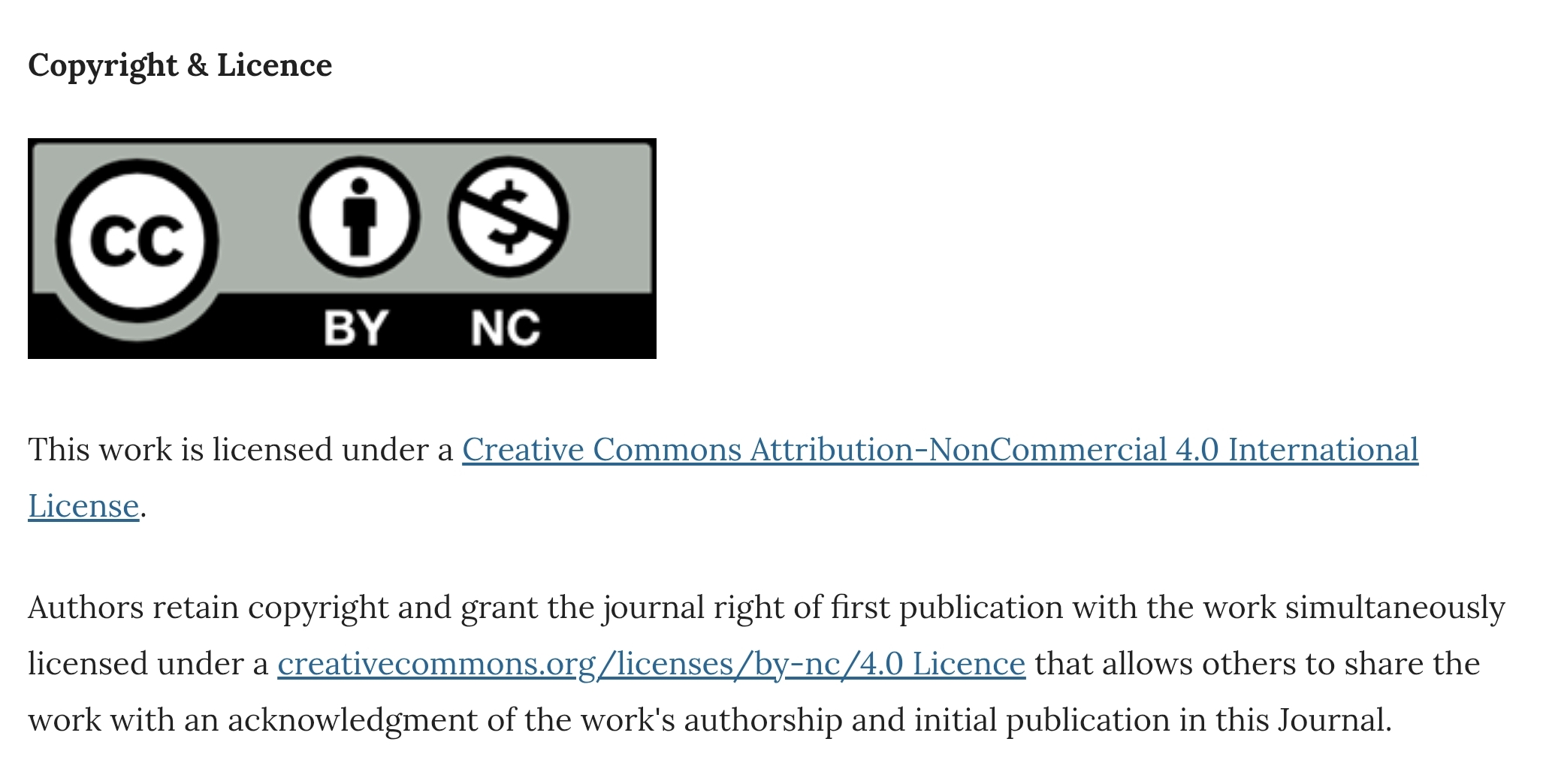Impact of COVID-19 Lockdown on Lifestyle and Psychosocial Stress - An Online Survey
DOI:
https://doi.org/10.30834/KJP.33.1.2020.194Keywords:
COVID 19, Lockdown, Lifestyle changes, Psychosocial Stress, Quality of lifeAbstract
Background: In addition to the socioeconomic problems, COVID-19 related lockdown may have profound mental health consequences. Aims and Objectives: The objectives were to assess the influence of lockdown on lifestyle, psychosocial stresses and experienced quality of life (QOL). The study also assesses the association of the socio-demographic variables with lifestyle, psychosocial stress and QOL. Methodology: An online survey on the lifestyle changes, psychosocial stress and QOL were conducted using a validated questionnaire via the Google forms platform. The data collected were analysed using parametric and nonparametric tests. Results: The study included 263 respondents. The fear of developing COVID-19 was reported by 67.7%, 31.2% experienced weight gain, internet use was increased in 66.9%, and alcoholism and smoking decreased by 83.3% and 58.8% respectively. Lockdown upset 48.3% moderately, and 36.1% experienced anxiety, 23.4% feared job loss and 51.3% had financial worries. 91.1% of the study population reported fair to good QOL. Females showed significantly more religiosity, (?2= 7.81; p= 0.02) did lesser exercise, (?2= 10.9; p= 0.023) and had poor mood. (t=2.68; p=0.009) Older people were less afraid of COVID-19 infection and were less upset by the lockdown. The urban population were more fearful of COVID-19 and were more upset by the lockdown. Conclusion: Lockdown had a major effect on lifestyle and increased psychosocial stress, but people still experienced a fair QOL during this period.
Downloads
References
Novel Coronavirus (2019-nCoV) situation reports - World Health Organization (WHO). (Accessed on 15.05.2020)
Gettleman J, Schultz K. Modi Orders 3-Week Total Lockdown for All 1.3 Billion Indians. https:// www. nytimes. com/ 2020/ 03/ 24/ world/asia/india-coronavirus-lockdown.html. (Accessed on 15.05.2020)
Brooks SK, Webster RK, Smith LE, Woodland L, Wessely S, Greenberg N, Rubin GJ. The psychological impact of quarantine and how to reduce it: rapid review of the evidence. Lancet. 2020 Mar 14; 395(10227):912-920.
Rahman AP. Isolation and mental health: the psychological impact of lockdown. https://www.thehindu.com/society/isolation-and-mental-health-the-psychological-impact-of-lockdown/article31237956.ece (Accessed on 15.05.2020)
Gao J, Zheng P, Jia Y, Chen H, Mao Y, Chen S, et al. Mental health problems and social media exposure during COVID-19 outbreak. PLoS ONE. 2020; 15(4): e0231924
Cohen S, Kamarck, T, Mermelstein R. A global measure of perceived stress. Journal of Health and Social Behavior. 1983; 24, 386-396.
Eysenbach G, Wyatt J. Using the Internet for surveys and health research. J Med Internet Res. 2002 Apr-Nov;4(2): E13. doi: 10.2196/jmir.4.2. e13.
Wang C, Pan R, Wan X, Tan Y, Xu L, Ho CS, Ho RC. Immediate psychological responses and associated factors during the initial stage of the 2019 coronavirus disease (COVID-19) epidemic among the general population in China. Int. J. Environ. Res. Public Health. 2020; 17 (5): E1729.
Joshi R, Santoshi JA, Rai N, Pakhare A. Prevalence and Patterns of Coexistence of Multiple Chronic Conditions: A Study from Indian Urban Outpatient Setting. J Family Med Prim Care. 2015 Jul-Sep;4(3):411-5.
Murthy RS. National Mental Health Survey of India 2015-2016. Indian J Psychiatry. 2017 Jan-Mar;59(1):21-26.
Murthy P, Manjunatha N, Subodh BN, Chand PK, Benegal V. Substance use and addiction research in India. Indian J Psychiatry. 2010 Jan;52(Suppl 1): S189-99.
Zhang Y, Ma ZF. Impact of the COVID-19 Pandemic on Mental Health and Quality of Life among Local Residents in Liaoning Province, China: A Cross-Sectional Study. Int J Environ Res Public Health. 2020 Mar 31;17(7):2381.
Yuan S, Liao Z, Huang H, Jiang B, Zhang X, Wang Y, Zhao M. Comparison of the Indicators of Psychological Stress in the Population of Hubei Province and Non-Endemic Provinces in China During Two Weeks During the Coronavirus Disease 2019 (COVID-19) Outbreak in February 2020. Med Sci Monit. 2020 Apr 15; 26: e923767. doi: 10.12659/MSM.923767.
Rosen JB, Schulkin J. From normal fear to pathological anxiety. Psychol Rev. 1998;105(2):325?350.
Casagrande M, Favieri F, Tambelli R, Forte G. The enemy who sealed the world: Effects quarantine due to the COVID-19 on sleep quality, anxiety, and psychological distress in the Italian population. Sleep Med. 2020 May 12.
Mattioli AV, Ballerini Puviani M, NasiM, Farinetti A.. COVID-19 pandemic: the effects of quarantine on cardiovascular risk. Eur J Clin Nutr. 2020.
Hussain A, Weisaeth L, Heir T. Changes in religious beliefs and the relation of religiosity to posttraumatic stress and life satisfaction after a natural disaster. Soc Psychiatry Psychiatr Epidemiol. 2011 Oct; 46(10):1027-32.
Davidson JR, Connor KM, Lee LC. Beliefs in karma and reincarnation among survivors of violent trauma: a community survey. Soc Psychiatr Epidemiol. 2005; 40:120–125.
Calhoun LG, Tedeschi RG. The foundations of posttraumatic growth: An expanded framework. In Calhoun LG and Tedeschi RG (Eds.), The handbook of posttraumatic growth: research and practice. Mahwah: Lawrence Erlbaum; 2006: 3-23.
Linley PA, Joseph S. Positive change following trauma and adversity: a review. J Trauma Stress. 2004; 17:11–21.
PTI. 86% fear job losses as coronavirus scare mounts: Survey. https://economictimes.indiatimes.com/jobs/86-fear-job-losses-as-coronavirus-scare-mountssurvey/articleshow/75553872.cms?utm_source=contentofinterest&utm_medium=text&utm_campaign=cppst. (Accessed on 15.05.2020)
Downloads
Published
How to Cite
Issue
Section
License
Copyright (c) 2020 Kerala Journal of Psychiatry

This work is licensed under a Creative Commons Attribution-NonCommercial 4.0 International License.












